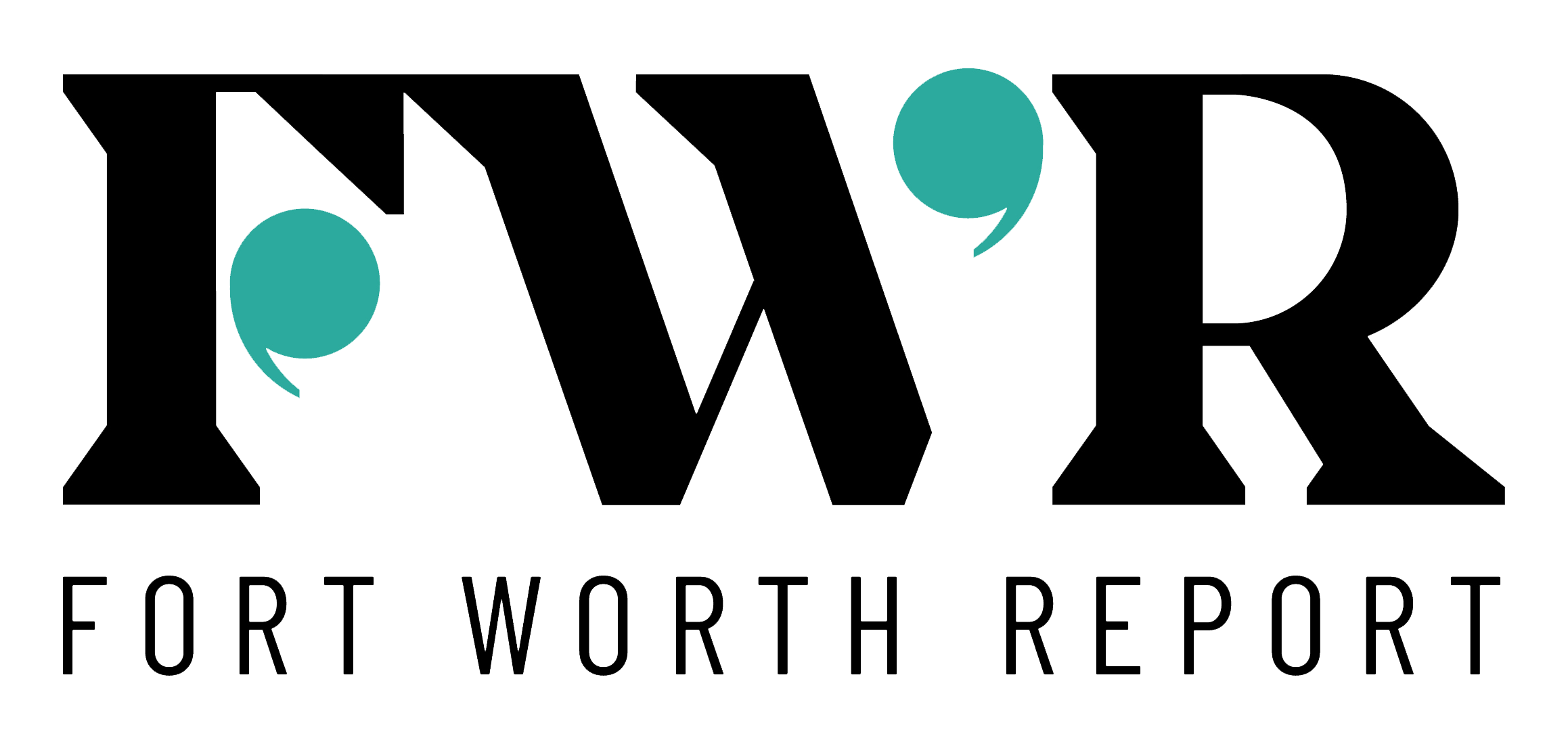Tuesday, Jul. 2, 2024
Is it safer to drink rainwater than Fort Worth tap water?
The Centers for Disease Control and Prevention warns that rainwater must be filtered before it is safe to drink, but some risks remain.
Dust and particles may pollute rainwater as it falls, while gutters and pipes may introduce other harmful substances, like lead, asbestos and copper.
Water treatment options for rainwater include filtration, boiling and chemical disinfection. These treatment options, however, still won’t remove all harmful chemicals, according to the CDC.
Fort Worth’s tap water contains “forever chemicals,” but the city says that the water is safe to drink. While the city’s treated water meets Environmental Protection Agency safety regulations, recent test results indicate that Fort Worth must take action to reduce the chemicals at two water treatment plants. The city must meet EPA regulations by 2029.
The CDC advises that rainwater be regularly tested and maintained after it’s collected.
This fact brief is responsive to conversations such as this one.
Sources
- Fort Worth Report High levels of ‘forever chemicals’ are in 6 Fort Worth-area water systems
- Centers for Disease Control and Prevention Rainwater Collection
- EPA Our Current Understanding of the Human Health and Environmental Risks of PFAS
- EPA PFAS National Primary Drinking Water Regulation
About fact briefs
Fact briefs are bite-sized, well-sourced explanations that offer clear "yes" or "no" answers to questions, confusions, and unsupported claims circulating online. They rely on publicly available data and documents, often from the original source. Fact briefs are written and published by newsrooms in the Gigafact network.
See all fact briefs
The Fort Worth Report is a 501(c)(3) organization that launched April 12, 2021. This new media outlet is built on a foundation of local leadership and local investment. It provides community-sourced journalism that exclusively supports and reports on the Fort Worth community with fact-based, thoughtful and contextual coverage without bias or predetermined agendas. The enterprise is governed by a mission statement, bylaws, and an organizational structure that ensures it remains faithful to these foundational principles.
Learn MoreLatest Fact Briefs
Fact brief: Is Texas ranked among the lowest in women’s health care nationwide?
Monday, Dec. 22, 2025
Fact brief: Is Fort Worth the largest US city with a Republican mayor?
Friday, Nov. 7, 2025
Fact brief: Did Colin Allred win Tarrant County over Ted Cruz in 2024?
Wednesday, Oct. 8, 2025
